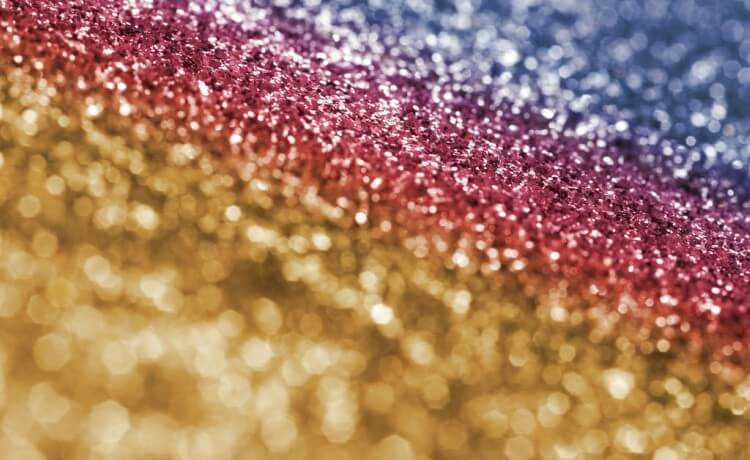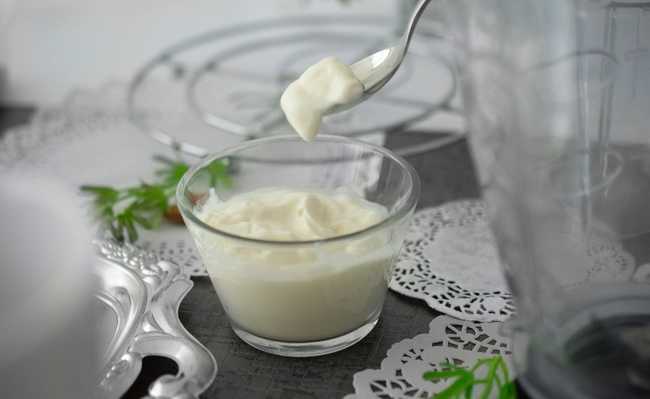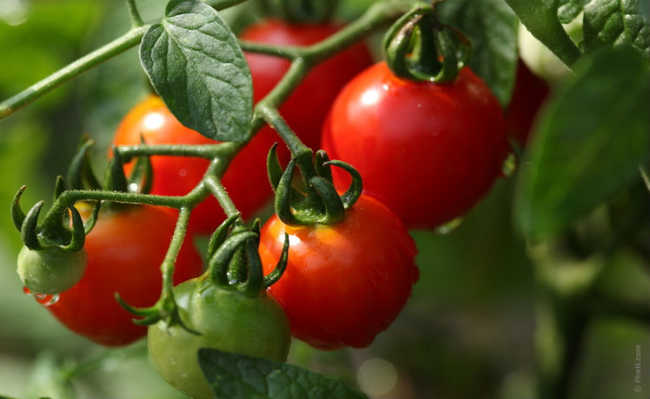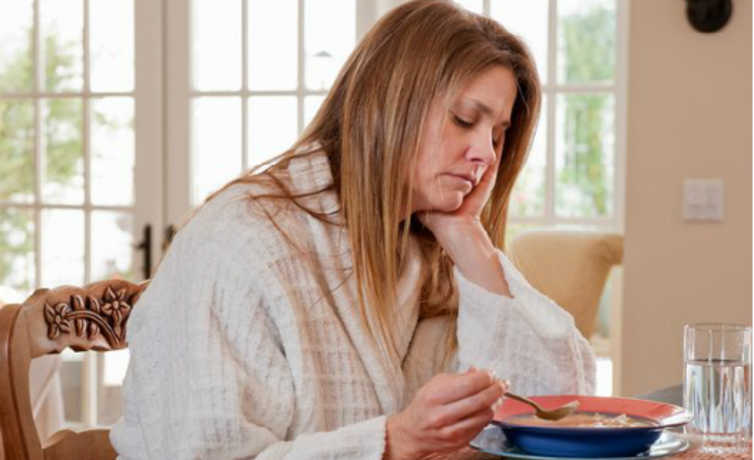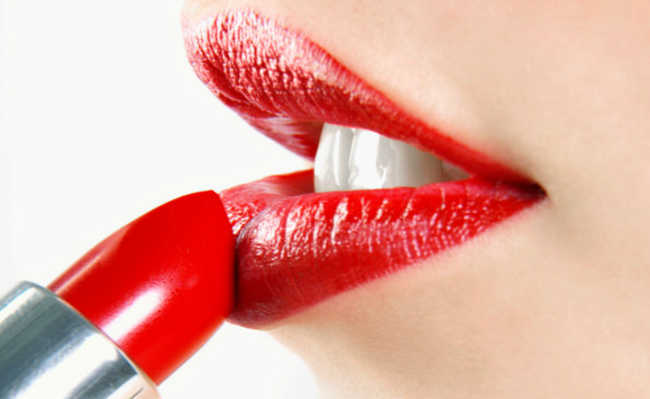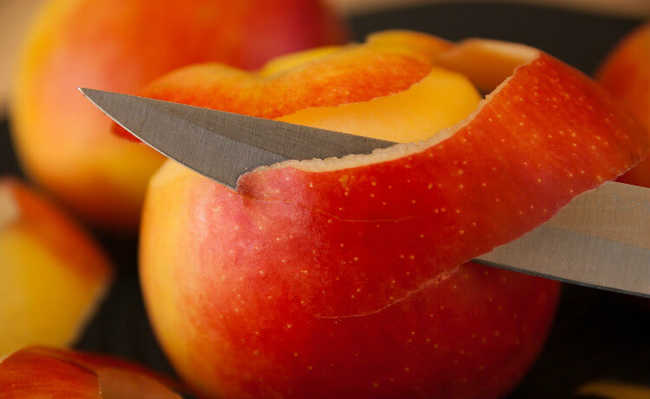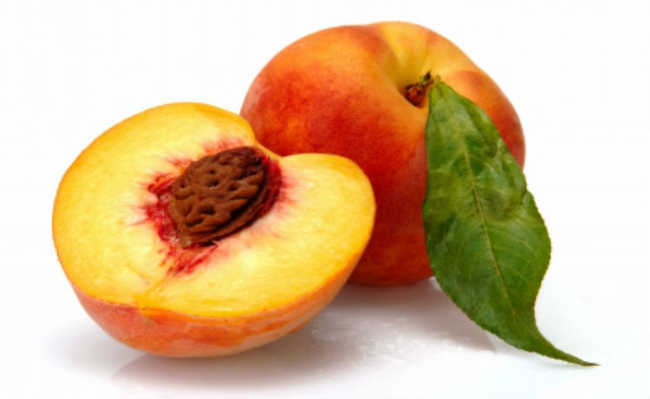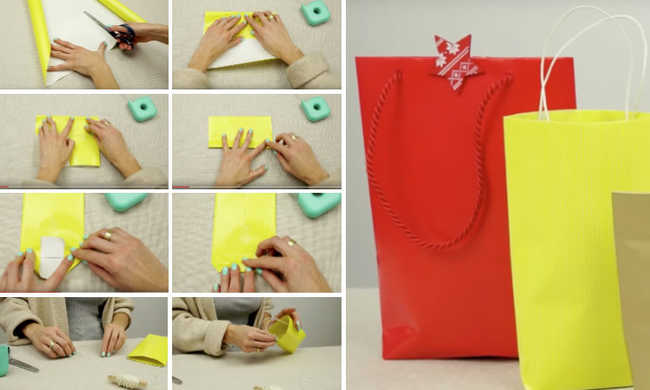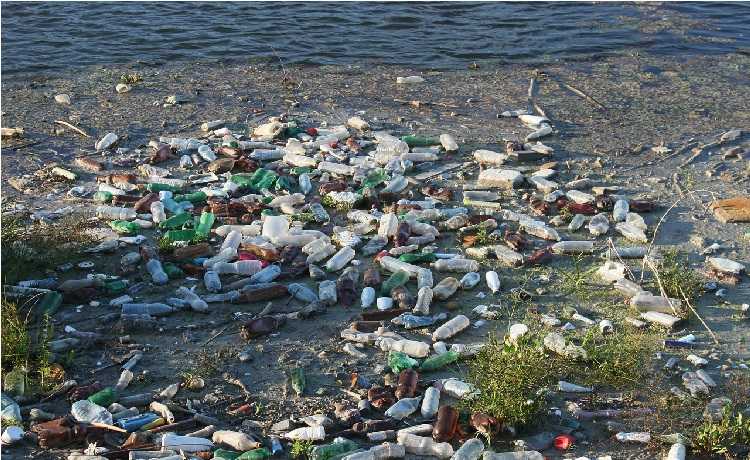Korean treatment uses medicinal wine made from human feces
Korean doctor bets on traditional treatment: stool-based medicinal wine

Western medicine can be very effective, but who has never looked for alternative treatments? After all, many other peoples from different cultures have created different solutions and forms of treatments that can often be as effective as our methods. But how far would you go? Would you perhaps drink a medicinal wine based on feces? Dr. Lee Chang Soo, from South Korea, defends the use of this traditional medicine and expresses sadness when he says that the feces are no longer used in oriental medicine.
According to Vice, the entire wine production process contains dewormed feces from children between 4 and 7 years old. The excrement is first cooled and then left to rest for the fermentation process for 24 hours, in which 70% non-glutinous rice and 30% glutinous rice are added - the first is for alcohol fermentation and contains a lot of protein; and the second is as an anti-inflammatory and also improves the taste. Finally, yeast is added and, after the fermentation process, the mixture is filled with bacteria that are beneficial to the human body, according to its producers.
Called "Ttongsul", the medicinal wine was once widely used in Korean traditional medicine, but today, Dr. Lee Chang Soo is one of the few who still produces it. There are many historical documentations of the use of faeces. Bat feces, for example, were used to treat alcoholism; and the chicken ones, for stomach pains. Chang says the wine works in the long term - the effects are not immediate, however, it helps relieve pain and makes treatments more effective.
lost culture
In fact, few people are aware of “Ttongsul”, even in South Korea. The doctor points out that, in the past, feces and urine were not seen as something completely unclean. And, during guided tours of Seoul's historic buildings, it is taught that in the past, locals believed that when poop had a similar color to gold, it was in fact gold. Furthermore, at the time when the dynasty of kings was in force, their servants sniffed and even tasted the royal excrement, believing that this would give them health similar to that of the lords.
Are we being unfair to the poop? It turns out that he is seen as total filth, and just talking about him is unpleasant in the current cultural context in many parts of the world - his quote at the dinner table is complete impolite. The bathroom is one of the most private spaces and it is not up to anyone to know what is done there, even if everyone does. There are those who distinguish their needs by numbers (one and two), but it is necessary to understand that in other peoples or times, excrement did not refer to this same filth. In our day to day, we insert in our body, through food and medicines, unimaginable substances, but our cultural references make us reject certain things that, in other cultures, are accepted. Eating insects, for example, is completely unacceptable in Western culture, on the other hand, it is already said that in the future it will be part of our food culture (see more here). Of course, it cannot be said whether Dr. Chang is right in insisting on the treatment using faeces wine, but it is necessary to understand the context and the value it has in the Korean tradition. We recognize Western medicine for its high status as a science, but it is not the only one that has provided answers to the treatment of diseases and, often, it does not provide solutions for everything. So many people look for alternatives, and these may be not in the new discoveries, but way back, with our ancestors.
Image: The Pomnechy

